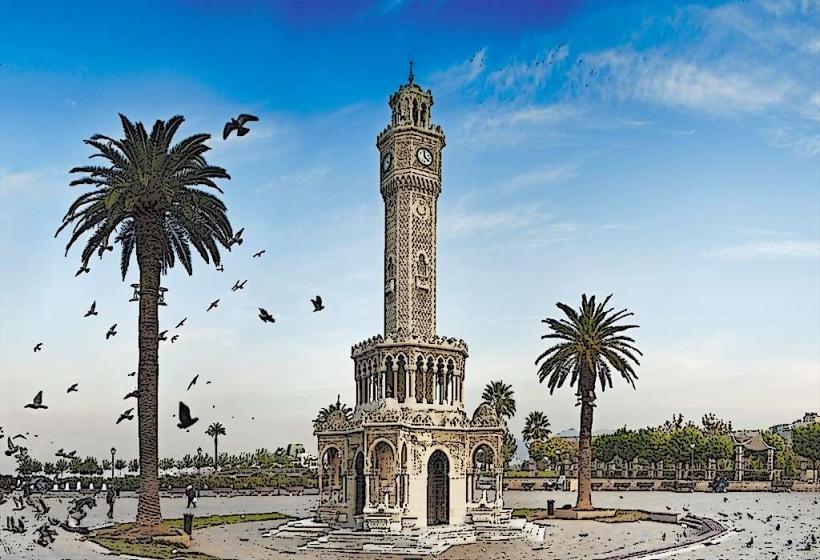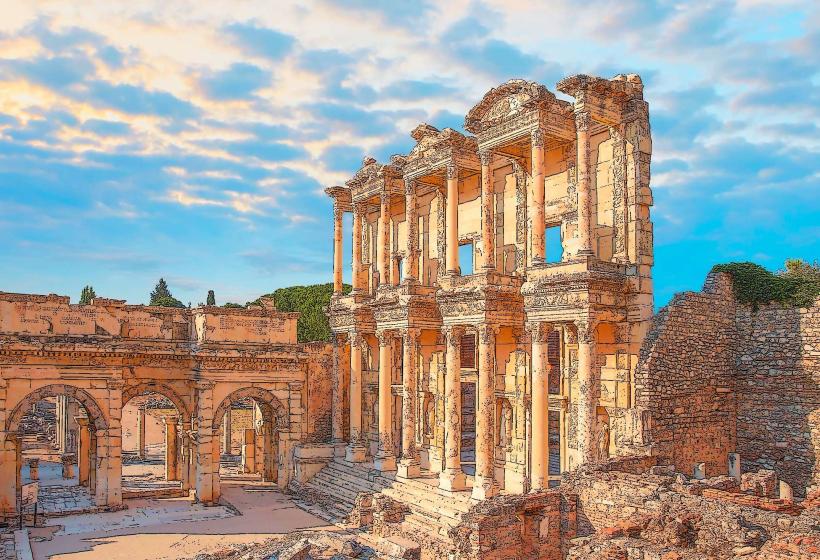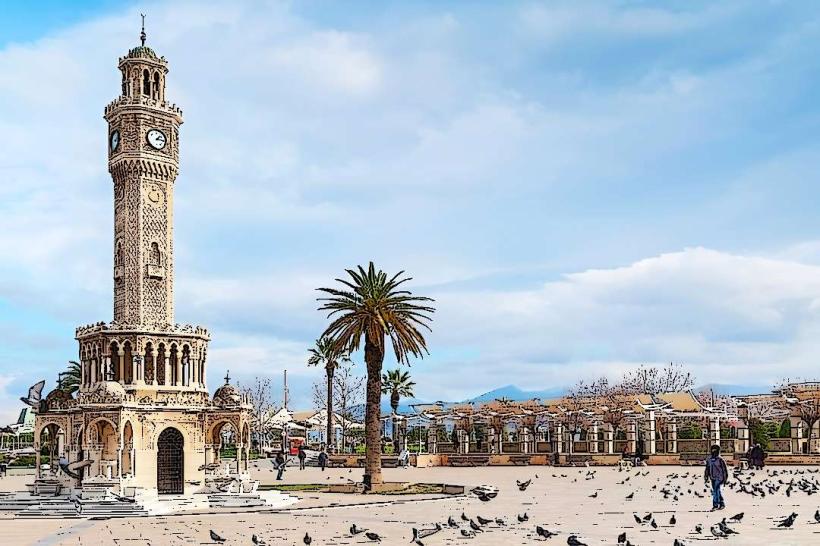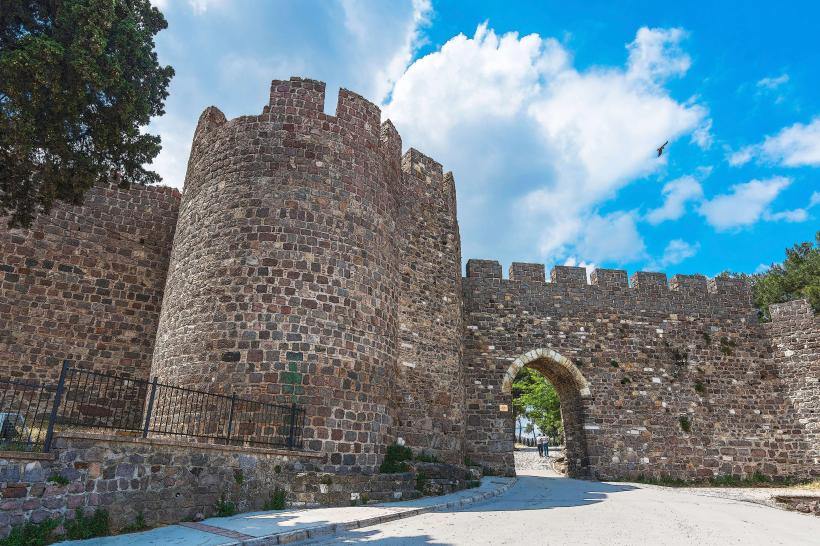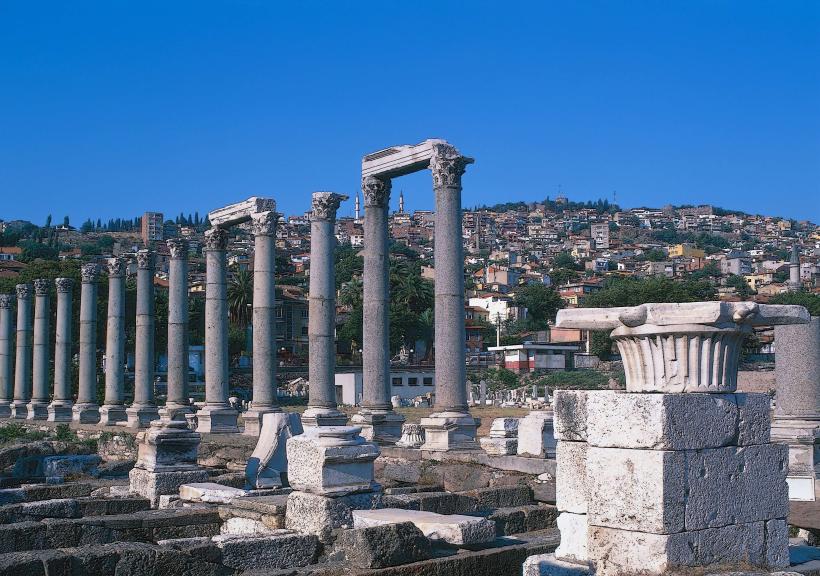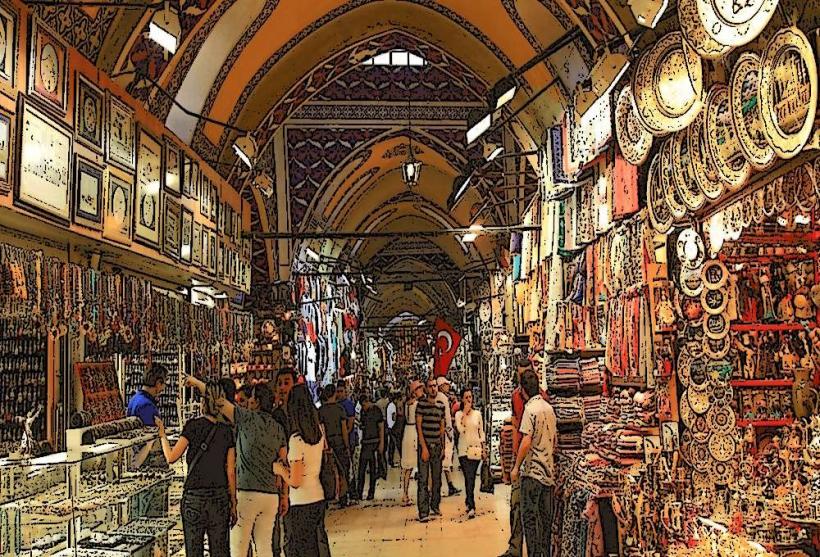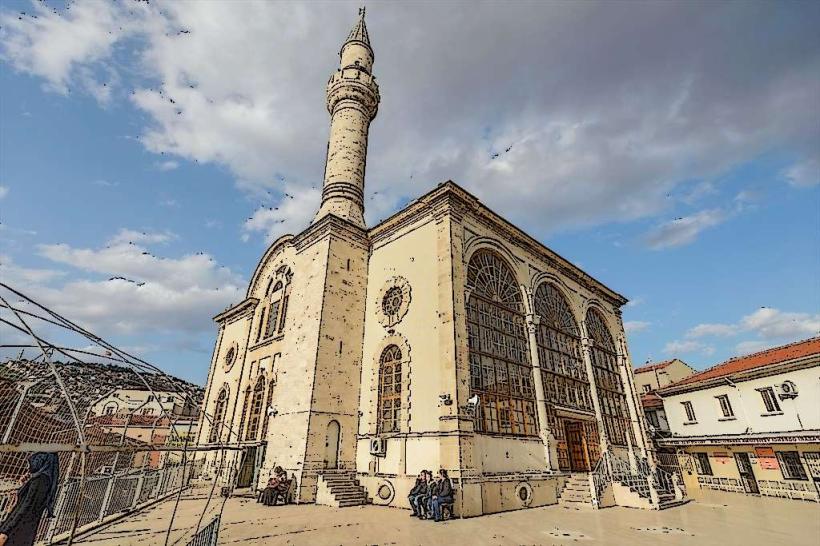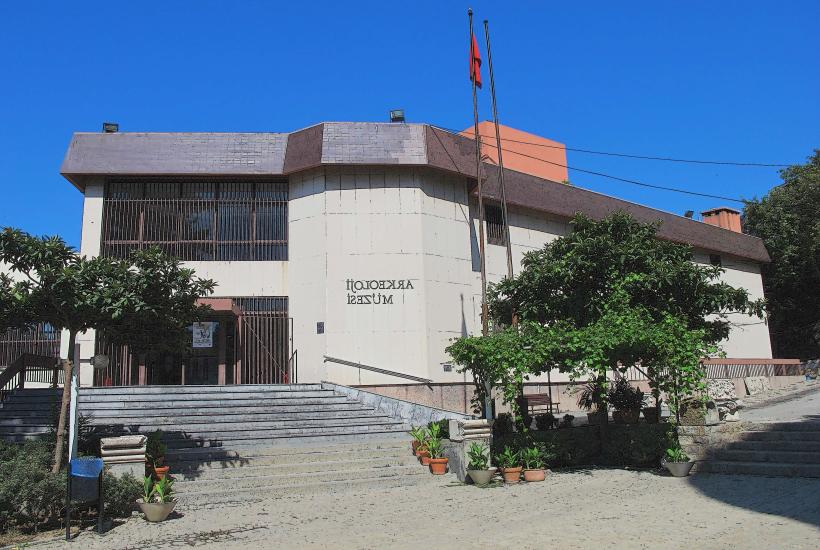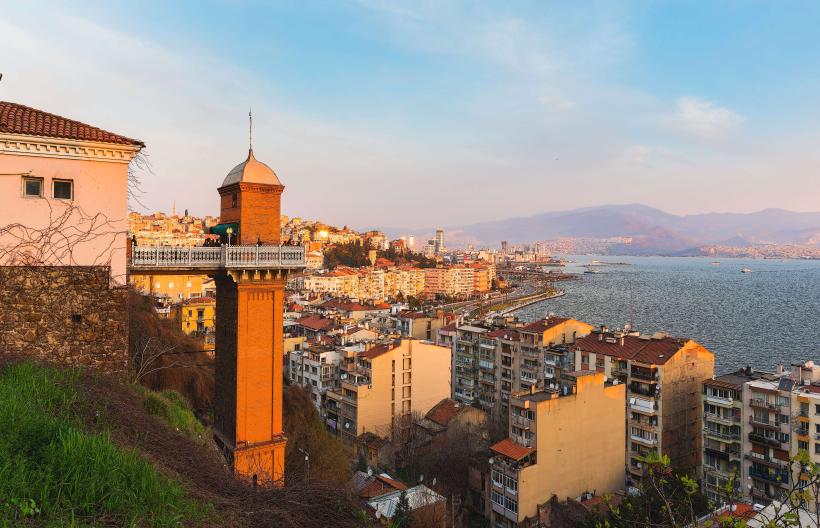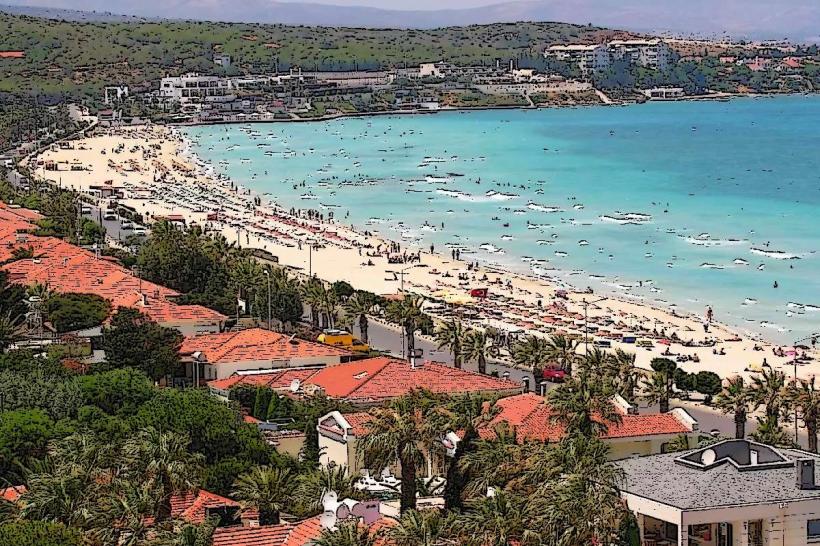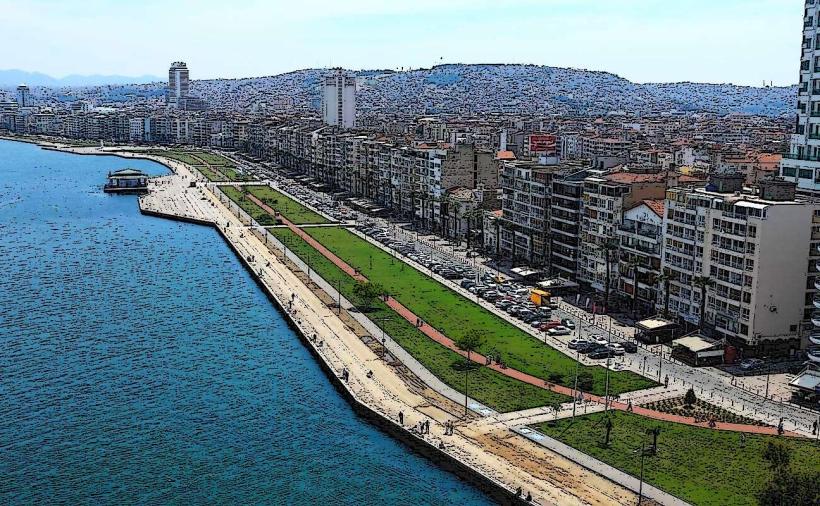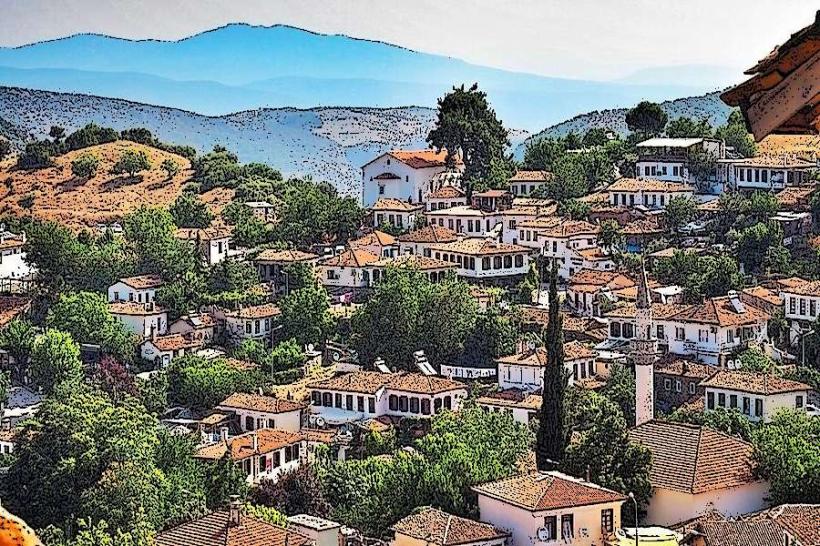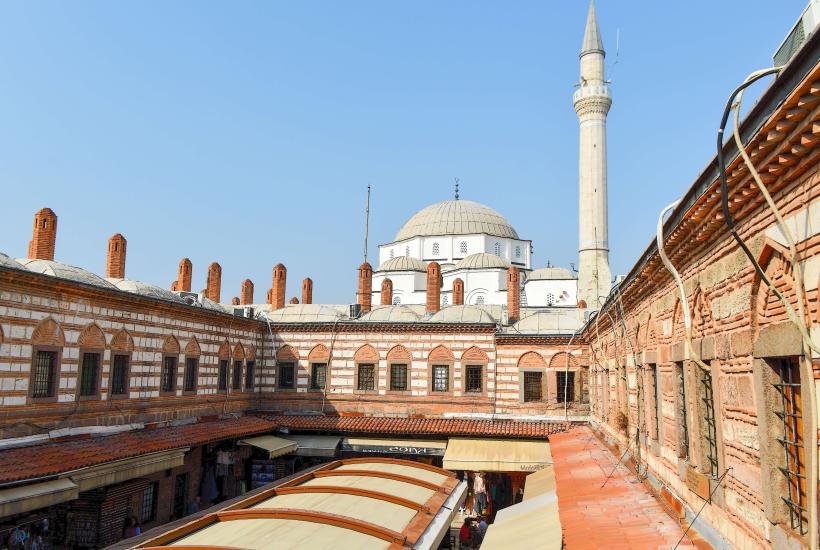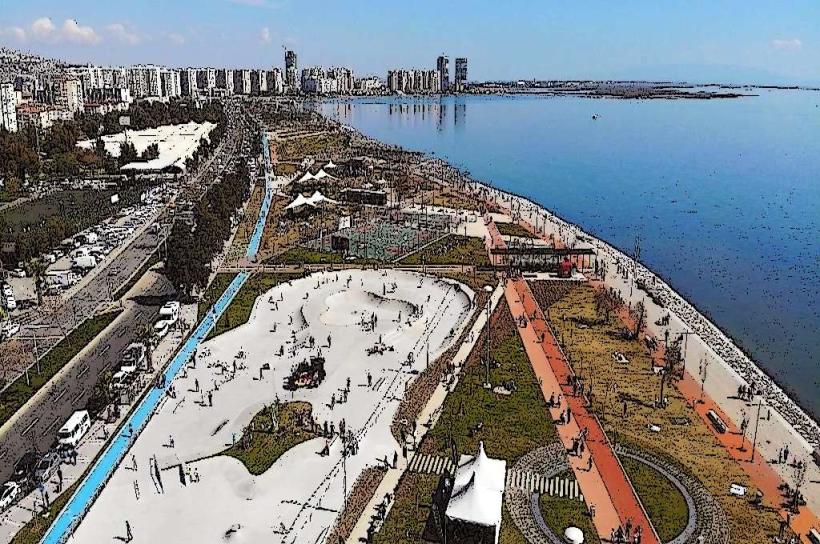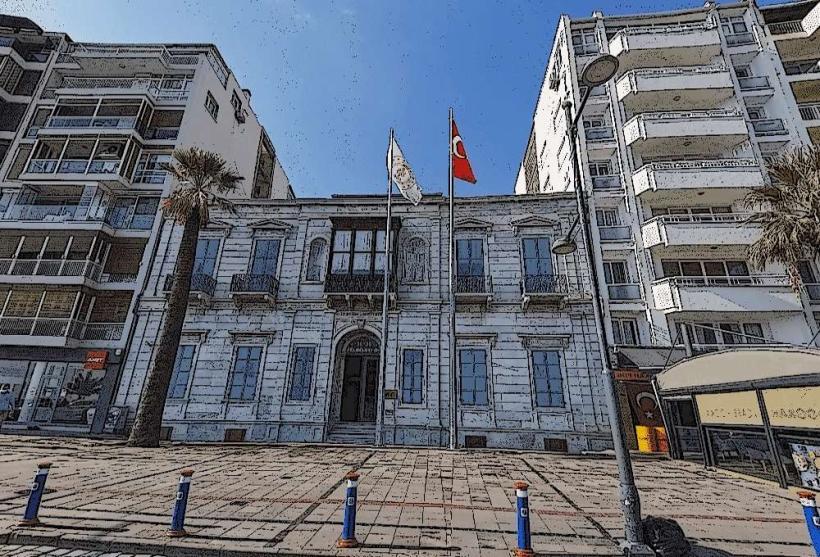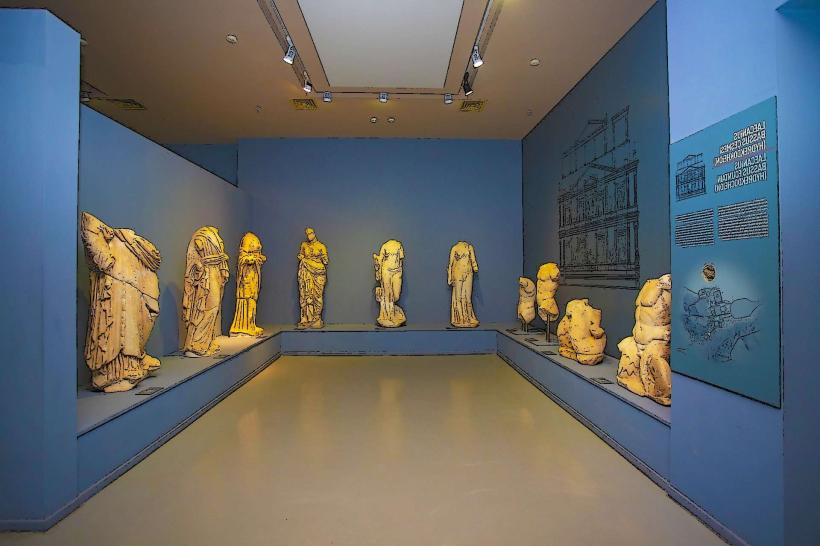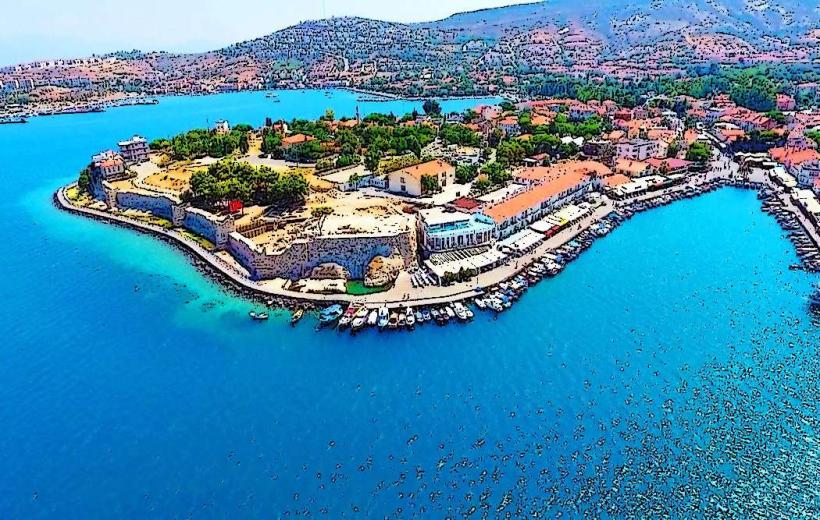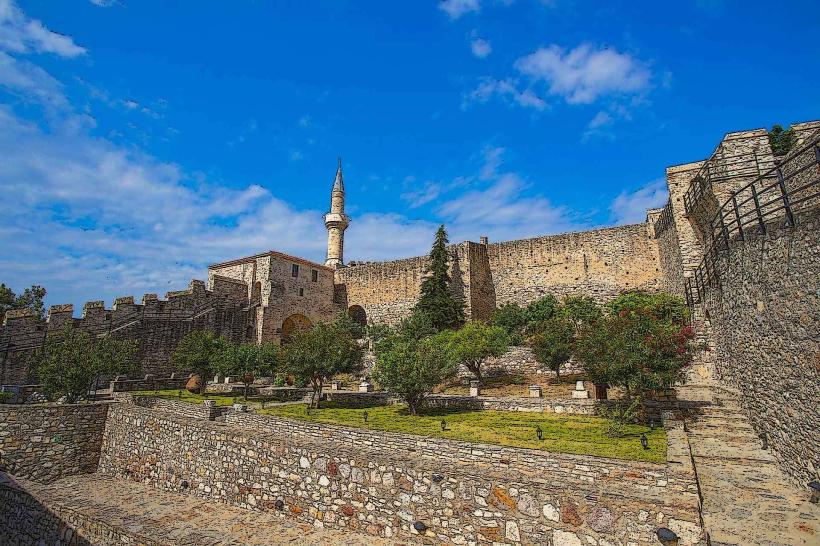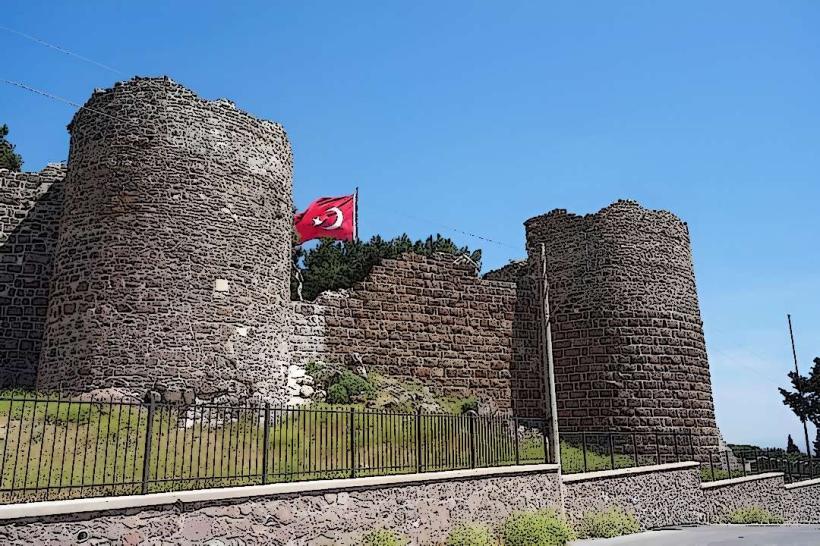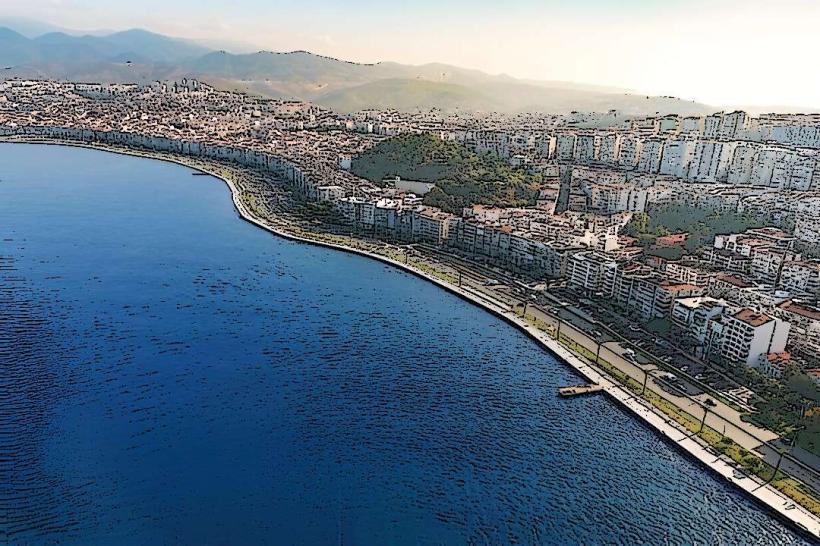Information
City: IzmirCountry: Turkey
Continent: Asia
Izmir, Turkey, Asia
Izmir serves as Turkey’s third-largest city and its primary export gateway on the Aegean coast. Known historically as Smyrna, it is characterized by a more liberal, Western-oriented social atmosphere compared to Istanbul or Ankara, earning it the moniker "The Pearl of the Aegean."
Historical Timeline
Izmir’s settlement history dates back approximately 8,500 years (Yeşilova Mound). It became a major Greek city-state (Smyrna) and later a vital Roman administrative center. Much of the city was destroyed in the Great Fire of 1922 during the Turkish War of Independence, leading to its reconstruction as a modern planned city. In 2026, Izmir is a key participant in the EU’s "100 Climate-Neutral and Smart Cities" mission, targeting zero-carbon status by 2030.
Demographics & Population
The metropolitan population is approximately 3.18 million as of 2026. The demographic is predominantly Turkish, though the city remains the most culturally diverse in the Aegean region. It has a significant student population due to the presence of Ege University and Dokuz Eylül University, contributing to a high literacy and secularism index.
Urban Layout & Key Districts
Konak: The administrative heart and historic center.
Alsancak: The most prestigious district, known for its European-style apartments, nightlife, and high-end retail.
Karşıyaka: A culturally distinct residential district on the northern shore of the gulf, accessible by ferry.
Bayraklı: The "New City Center," housing modern skyscrapers and the regional financial district.
Bornova: The primary educational hub and location of the city’s largest university campuses.
Top City Landmarks
Izmir Clock Tower (Saat Kulesi): A 1901 Ottoman-era monument located in Konak Square.
Kordon: The city’s famous waterfront promenade, lined with cafes and green spaces.
Kemeraltı Bazaar: A massive historic market dating to the 17th century; the spiritual heart of Izmir commerce.
Agora of Smyrna: One of the best-preserved Roman agoras in the world, featuring colonnades and a basilica.
Asansör (Historical Elevator): A 1907 brick tower offering panoramic views of the Gulf of Izmir.
Kadifekale: The "Velvet Castle" sitting atop the hill, providing the city's highest vantage point.
Transportation Network
Izmir utilizes the İzmirim Kart for all transit modes.
Metro & İZBAN: A comprehensive rail network; İZBAN is the longest urban commuter line in Turkey, connecting the airport to the north and south.
Ferries: The most efficient way to travel between Konak, Alsancak, and Karşıyaka.
High-Speed Rail: The Ankara-Izmir High-Speed Line is in the final stages of integration in 2026, aimed at reducing travel time to the capital to 3.5 hours.
Public Transport Cost (2026): A standard single fare is approximately 19–21 TL ($0.55).
Safety & "Red Zones"
Izmir is statistically one of the safest major cities in Turkey. The primary risk is pickpocketing in the Kemeraltı Bazaar and Basmane areas. Political demonstrations occasionally occur at Gündoğdu Square; these are generally peaceful but should be avoided to prevent accidental detention. Basmane, while historic, should be navigated with caution late at night due to higher concentrations of irregular migration and poverty.
Digital & Financial Infrastructure
Card payments (Visa/Mastercard) are standard in almost all establishments. Izmir is a "Smart City" hub, with 5G rollout advanced in Bayraklı and Alsancak. Free public Wi-Fi (WizmirNET) is available at major squares and ferry terminals. Unlike in Russia, all Western social media platforms are fully operational.
Climate & Air Quality
The city has a quintessential Mediterranean climate. Winters (December–March) are mild and rainy ($9^{\circ}\text{C}$ to $15^{\circ}\text{C}$); summers are hot and dry, often reaching $35^{\circ}\text{C}$ to $40^{\circ}\text{C}$. Air quality is generally high due to constant sea breezes ("Imbat"), though the inner harbor area can occasionally experience localized smog.
Culture & Social Norms
Izmir is considered Turkey’s most progressive city. The lifestyle is significantly more relaxed and outdoor-oriented.
Cuisine: Local specialties include Boyoz (Sephardic Jewish pastry) and Kumru (local sandwich).
Etiquette: Tipping of 10% is expected. Casual Western attire is the norm; headscarves are less common than in Central Anatolia.
Local Cost Index
1 Espresso: 80–105 TL ($2.00–$2.50)
1 Standard Lunch: 280–420 TL ($6.80–$10.20)
1 Beer (0.5L) at Kordon: 110–150 TL ($2.70–$3.60)
Nearby Day Trips
Ephesus (Efes): One of the best-preserved ancient Greek/Roman cities in the world (80 km south).
Çeşme & Alaçatı: Luxury resort towns famous for beaches and windsurfing (90 km west).
Pergamon (Bergama): A UNESCO site featuring a spectacular hilltop acropolis (110 km north).
Urla: A burgeoning wine and gastronomy destination (40 km west).
Facts & Legends
A verified historical oddity is that Homer, the author of the Iliad and Odyssey, is believed by many historians to have lived and written in ancient Smyrna. A prominent local legend surrounds Mount Sipylus (Spil Dağı), where the "Weeping Rock" is said to be the petrified form of Niobe, a queen from Greek mythology who wept eternally for her slain children.

